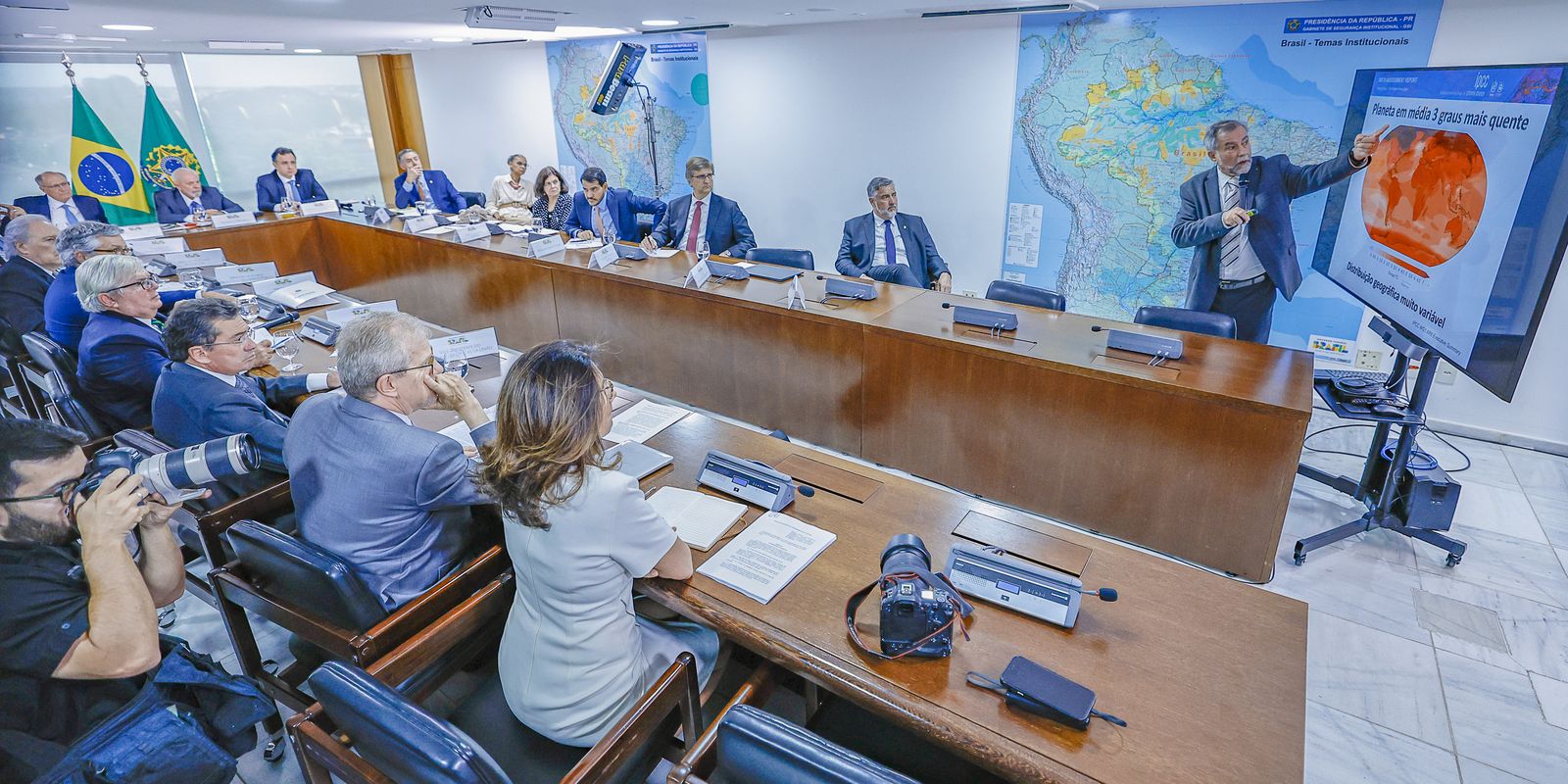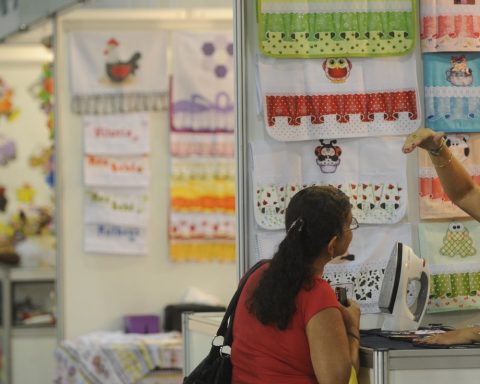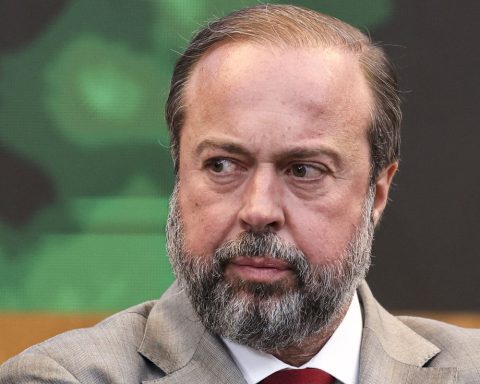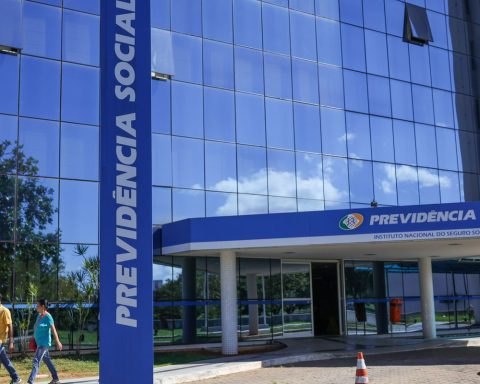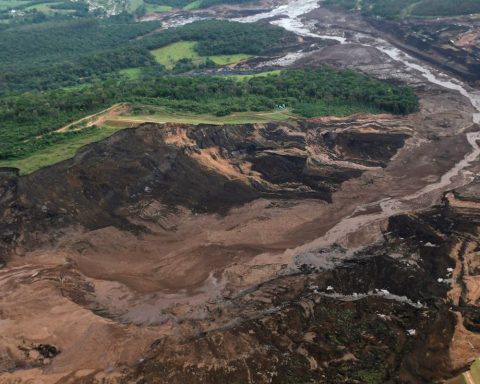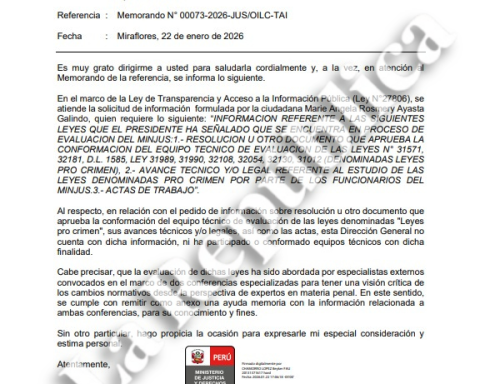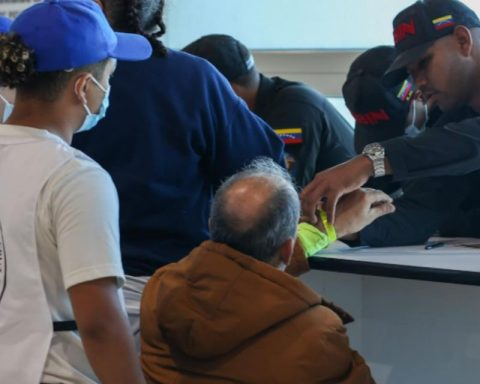The presidents of the Republic, Luiz Inácio Lula da Silva; of the Senate, Rodrigo Pacheco; and of the Chamber of Deputies, Arthur Lira, said they agree that the wave of forest fires affecting the country has a criminal origin. In a meeting this Tuesday (17) between the heads of the Three Powers to discuss measures to face the climate crisis, they spoke about a possible increase in penalties for criminals.
“You cannot accuse, but there is suspicion [de crime]there is,” Lula declared at the meeting. “The concrete fact is that, to me, it seems very abnormal.” The President of the Republic said he considered the calls for the demonstration held on Paulista Avenue on September 7 with the phrase “It’s going to catch fire” to be strange.
Pacheco said he believes there is coordination between the fires. “It is very clear that, given this context, the number of fires [de incêndios]there is indeed an orchestration, more or less organized, that intends to set fire to Brazil,” he declared. Lira believes that there is a criminal influence in the wave of fires. “We are facing an imminent problem of criminal organizations, including in setting fires,” he stated.
Increased penalties
Increasing penalties for environmental crimes was also a topic of discussion at the meeting. The Chief of Staff, Rui Costa, said he was discussing with the Attorney General’s Office (AGU) a proposal to increase penalties for forest fires, which currently have milder punishments than those for a common fire.
“In the case of a normal fire, the penalty is three to six years, and in the case of a forest fire, an environmental crime, it is two to four years. So what we are trying to do is at least make it equal,” he explained.
Also present at the meeting, the president of the Federal Supreme Court (STF), Luís Roberto Barroso, argued that Congress should discuss increasing penalties for environmental crimes. “In the case of a normal fire, the penalty is three to six years, and in the case of a forest fire, an environmental crime, it is two to four years. So, what we are going to try to do is at least make it equal,” he said.
Congress
The Senate President said that it is possible to eventually “legislatively improve” Law 9.605, which deals with crimes against fauna and flora, and the Penal Code, but he recommended balance in the discussions to avoid “legislative populism”. According to Rodrigo Pacheco, the current legislation already establishes aggravating factors and allows for combined sentences.
“We believe that the problem at this point is not legislative. Nor is it a weakness in the combination of penalties, because there are criminal types, and there are also combined penalties,” he stated. Pacheco, however, considered that the Senate could debate the crimes provided for by law to identify the possibilities of increasing the penalty. “It is one thing to have a fire on one hectare, but another to have a fire spreading through a forest park that reaches villages and communities,” he commented.
Saying that there is political will in the Chamber of Deputies, the Speaker of the House, Arthur Lira, asked that measures that require a vote in Congress not be confused with ideological issues. “There will be no lack of political will in the Chamber, but I think some issues need to be well explained, so that there is no adverse reaction to a deal that deviates from some more or less ideological thoughts regarding the core of the issue,” he said.
Mobilization of judges
The president of the STF stated that he had called for a national mobilization of judges from all over the country, given the gravity of the current situation. He said he had recommended that judges prioritize the processing of investigations and actions related to environmental violations. The recommendation, he explained, applies to both criminal and civil actions and should advance precautionary measures, such as search and seizure operations and preventive arrests.
Barroso also stated that state Civil Defenses should receive monetary fines in class actions. The request applies to money deposited in accounts of the Judiciary.
